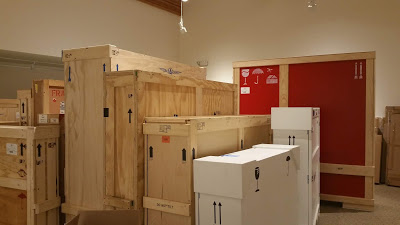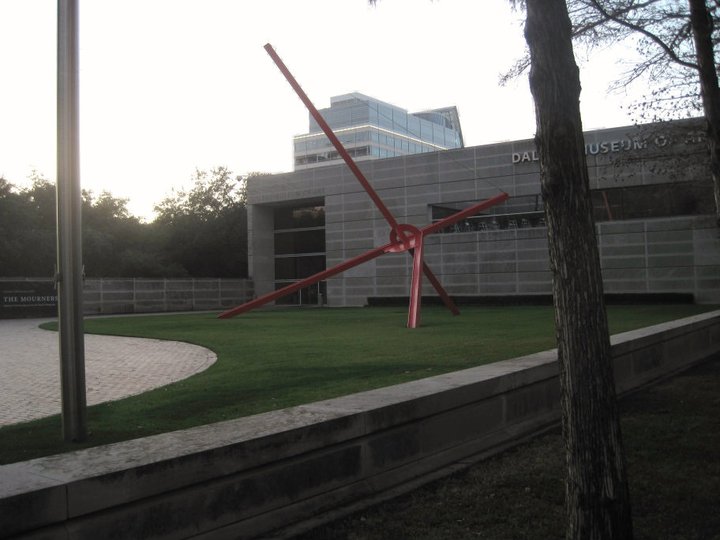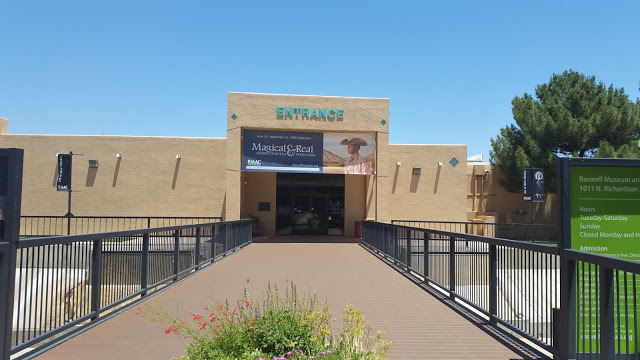As a scholar interested in the movement of art, I’ve been especially enjoying the texts dealing with mobility on my reading list.

While I’m particularly interested in the movement of art objects, human-based travel networks also intrigue me, not least because of the travel people are willing to undertake in order to experience works of art first-hand. Among the readings I’ve been looking at that focus on human mobilities, the writings of John Urry have been especially interesting, not least because of his assertions regarding the social dimensions of voluntary movements. In works like Mobilities, Networks, Geographies, Urry argues that people often undertake travel not to necessarily experience new places, per se, as we often imagine with tourists, but to maintain social networks. While technologies such as screens or phones enable immediate contact via texting or Skyping, in-person visits remain a critical part of maintaining our social circles. As someone who largely undertakes travel nowadays to visit friends or family, this argument resonated with me.

Mobility is also a key part of working life, and more generally power. The ability or willingness to relocate to new places, or commute for a job, enables a level of power over one’s economic and social circumstances compared to people who are either less mobile or have their mobility circumscribed. To take the United States as an example, having access to a car is critical to professional success in most places, as that’s the primary way of getting around. Not only does it enable you to get to your job, but it also gives you the freedom to choose where you wish to live, as you are not bound to what you can accomplish within walking distance. Of course, this is turn unleashes numerous social and infrastructural problems, from increased traffic to, in the case of Hurricane Katrina, outright endangering people who do not own a car.
Thinking about these readings has encouraged me to evaluate my own professional career and life choices. When I was actively working in the museum field, I lived in no fewer than four states: Wyoming, Texas, Vermont, and New Mexico. From the completion of my M.A. in 2010, to my decision to attend William and Mary in 2018, I successfully maintained consistent employment in museums, and I know my willingness to relocate played a big part in that. As a result, whenever people have asked me about getting into the museum field, I’ve always emphasized the willingness to relocate as an important part of achieving professional success. In the museum world, the jobs don’t come to you, I’d always say.
The issue with this advice is that it assumes that everyone is equally willing or capable of moving to different places. I was able to relocate across the country multiple times because my parents could help me, both financially and physically. Indeed, the only move I ever completed without their help was to Williamsburg, and in that instance, I did it with Brandon. Without that financial network, it would have been a lot more difficult to accept these jobs, as moving would have likely put me deep into debt. Consequently, I would have likely turned down these opportunities, or not considered them at all, which would have likely detrimentally affected my career by limiting my potential job network.
Another reason why I’ve always been willing to move is that my family gives me the freedom to do so. My parents are in good health, so I don’t feel obligated to look after them. I don’t have any kids either, which has played a huge role in my mobility. I also moved several times before I began working, which made me more comfortable with relocation as a life event. If any of these circumstances were different, I’d likely be less willing to relocate to such different places, which could have potentially curtailed my career.
My privilege as a white woman has also made it easier to move to these different places. Whether I was in Wyoming or Vermont, I benefitted from a political, social, and economic system that favors white people. To put it bluntly, I felt free to move around the country because I didn’t have to worry about feeling unwelcome, or worse, being perceived as a potential threat. As a non-disabled person, moreover, I didn’t have to think about accessibility, or whether I’d have any difficulty getting around anywhere. That, in turn, made it all the easier to move around to different jobs, because I knew that I’d be treated well wherever I went.

So what does all of this mean? On a personal level, it means I’ll be more mindful of the advice I give in the future by not assuming that everyone has the same mobility access that I do. While I’ve always emphasized that every person’s museum career unfolds differently, I’ll point out from now on that I’ve been able to relocate multiple times because I had access to financial and social resources that made such moves feasible. Institutionally, museums should also stop assuming that all of their prospective employees have the same degree of mobility and the resources such movements demand, as it contributes to the field’s overwhelming whiteness.
It’s also important to think about how mobility affects museums themselves, particularly when it comes to the kinds of programs they can offer. Whether it’s paying for traveling exhibitions or advertising to encourage new visitors, mobility for museums is not cheap, and the institutions that have the most financial resources are likely to have more choices when it comes to what they choose to exhibit, and how. That, in turn, affects visitor experience, and the likelihood of attendance. When I was at Roswell, there was always pressure to mount new, original exhibitions, but that demands resources in money, time, and labor, resources that might be better applied to more reflective practices such as having meaningful dialogues within the community, or researching the collection to find out what you have, and whether it’s best returned to a home culture. Mobility may be a sign of activity in the museum, but it may not always be the most accurate representation of meaningful work.



